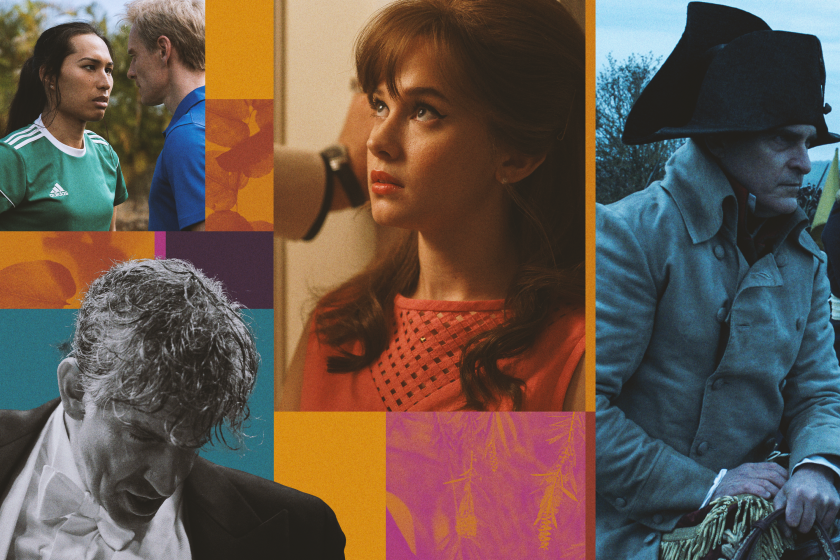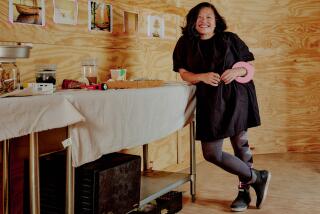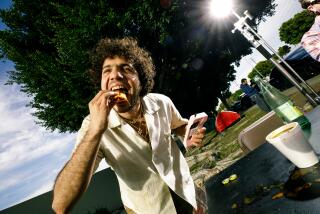How ‘Taste of Things’ director convinced exes Juliette Binoche and Benoît Magimel to reunite
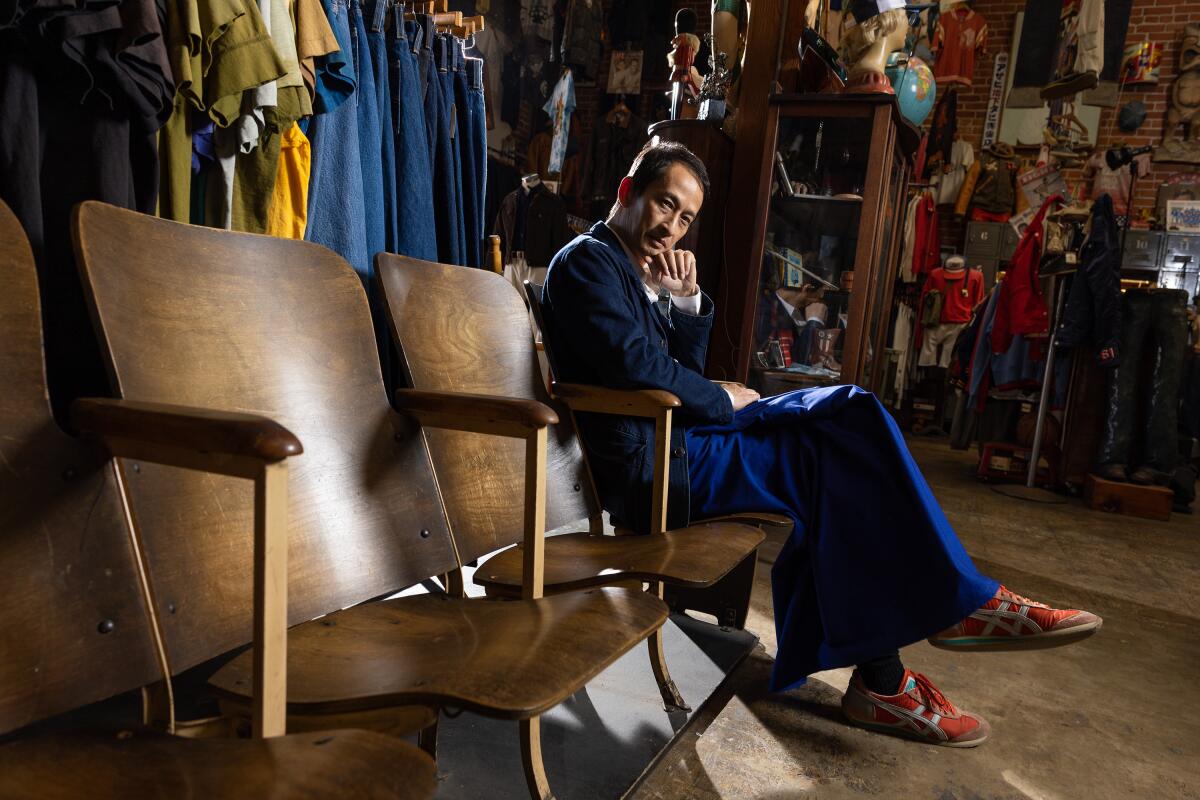
Tran Anh Hung’s “The Taste of Things” (known as “The Pot-au-Feu” in France and the rest of the world) is a sumptuous romantic drama centered on a 19th century gourmet chef, Dodin Bouffant (Benoît Magimel), and his longtime cook, Eugénie (Juliette Binoche). After preparing thousands of meals together, the pair seem destined to finally admit their deep affection for one another as they toil away in a picturesque Segré kitchen in the Pays de la Loire region of France.
Selected as the nation’s international film submission for the 2024 Academy Awards, “Taste” is arguably the most delectable depiction of cooking on screen this century, but it would not soar without a genuine chemistry between its two leading actors. Hung admittedly played with fire by going after both Binoche and Magimel, two acclaimed actors who parted after five years together in 2003.
“Juliette was there from the beginning, because we have known each other for a while, and we always promised each other to do something together. This was the right time, because she was the right age for the character, and this story of marital love, the love that somehow lasts for a long time,” Hung said. “And Benoît also was there in my mind. But since they had a relationship 20 years ago and they had a daughter and they split, I was a little bit afraid.”
From Hollywood big shots like Martin Scorsese and Ridley Scott to our favorite indie provocateurs, here are the 20 films we’re most thrilled to line up for.
When Hung approached Binoche about the role, she initially replied with a “maybe not,” because of her ex-husband’s prospective involvement. Hung saw many other actors but ultimately decided he needed to stick to his first choice. Magimel eventually read the script and agreed to star in the film.
Hung continued, “Then I returned to Juliette, and I said, ‘Benoît accepted.’ She said, ‘You think so?’ And she said, ‘It could be difficult, the shooting.’ I said, ‘How difficult? Tell me everything now.’ ‘You’ll see,’ she said.”
The filmmaker admitted that the first two or three days on set were “a bit tense,” but “after that, it was really a pleasure.”
There isn’t a hint of tension in their performances, as the duo seem swept up in this unique world of French cuisine that consumed production. Hung wanted to make a film about food for two decades but didn’t find a means to channel that passion until he came upon Marcel Rouff’s 1924 novel, “La Vie et la passion de Dodin-Bouffant, Gourmet” (The Passionate Epicure).
“As a filmmaker, we always want to make something about art at least once in a lifetime,” Hung said. “So I chose cuisine, because, for me, it looks real. When you try to make a movie about Van Gogh, it’s difficult, because you see an actor trying to paint like Van Gogh. You cannot believe it somehow. But with cuisine, everything can be real, and that’s how I did the movie. It’s not like fake dishes. And for the whole team, it was quite unusual, because sometimes you prepare everything beforehand, and then you reheat it.”
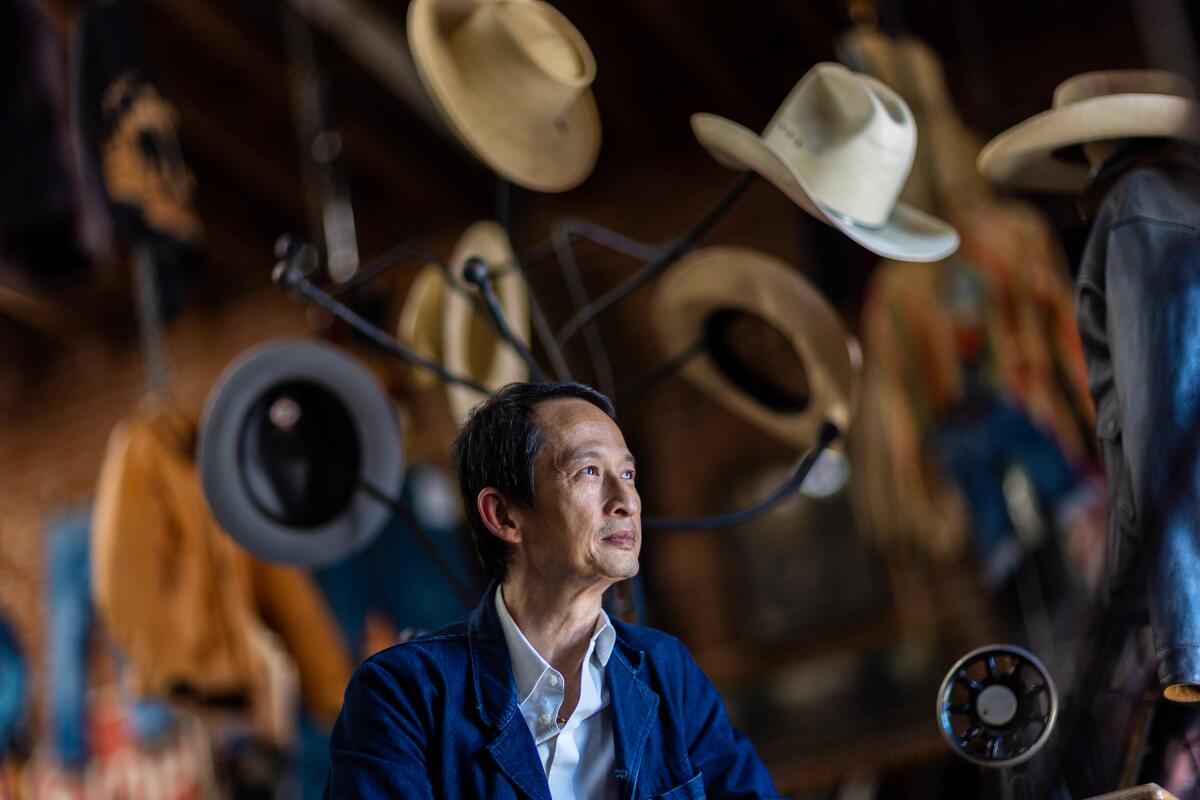
A great deal of research went into assuring the film depicted the period as accurately as possible. Hung initially worked with a food historian to craft the menu in the script. He also referred to Jean Anthelme Brillat-Savarin’s landmark cooking book, “Physiologie du goût” (The Physiology of Taste), which he said was the first example of food being treated as a philosophy.
“It was very important, and it’s the beginning of all this thinking about food,” Hung explained. “And then I learned that everything on the table was decided by the French people. How to put the fork and how to measure it, how many glasses are on the table, et cetera. And even the menu, you have to formulate it in a certain way.”
During preproduction, Hung approached renowned chef Pierre Gagnaire to review that menu. They ended up compiling another menu that was closer to Hung’s original vision. Hung recalled, “He cooked for me for a week in his restaurant. And then during the shooting, we had one of his collaborators who worked with him for something like 40 years.”
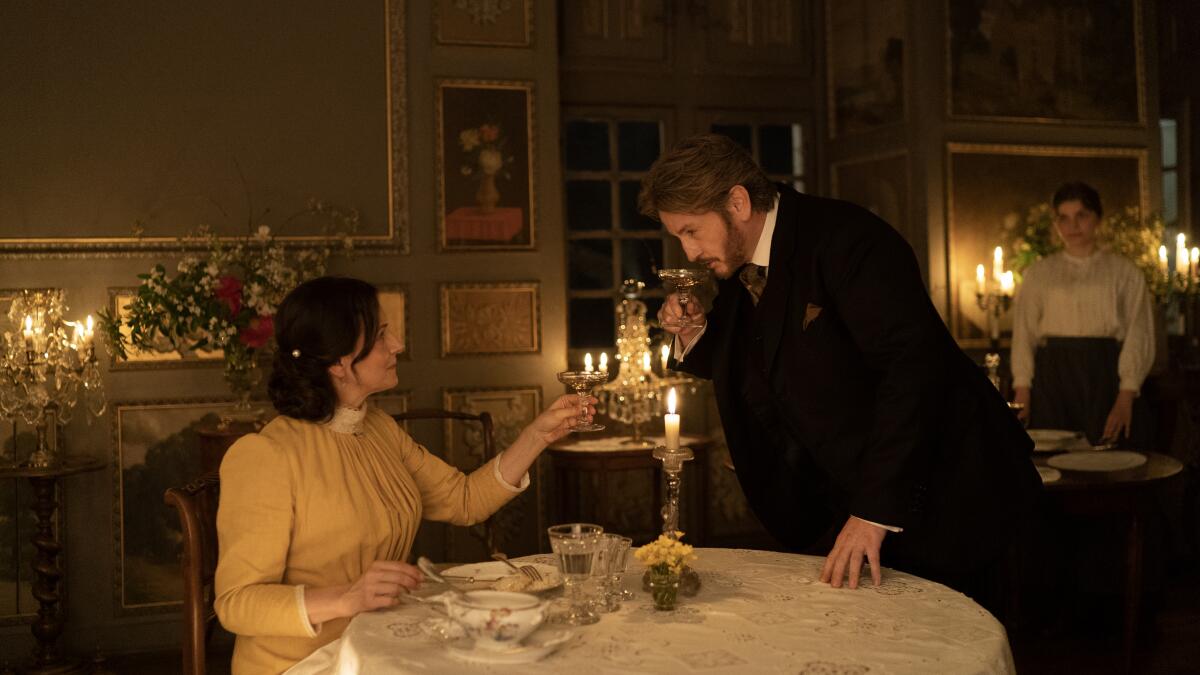
In many films, professional chefs are the ones actually doing the cooking that audiences see on-screen. In this case, it was important to Hung that his actors do almost everything themselves. The director initially thought his cast would be available for a week of culinary training, but their busy schedules allowed for just half a day. He prayed that his actors had personal cooking experience, but thankfully could rely on an on-set advisor, Misha Nav, to finish the dishes, if necessary.
Hung, born in Vietnam, moved to France when he was 12. He considers “The Taste of Things” a tribute to his adoptive country and hopes it captures the “French spirit” he embraced upon his arrival.
“It’s this spirit of being never over the top. French people, they keep everything with measure. They are not crazy. They’re not like Italians. And this somehow fits with my Asian nature. So when I decided to make this movie, I would like it to be very French. And I think that somehow, it’s there.”
More to Read
From the Oscars to the Emmys.
Get the Envelope newsletter for exclusive awards season coverage, behind-the-scenes stories from the Envelope podcast and columnist Glenn Whipp’s must-read analysis.
You may occasionally receive promotional content from the Los Angeles Times.
